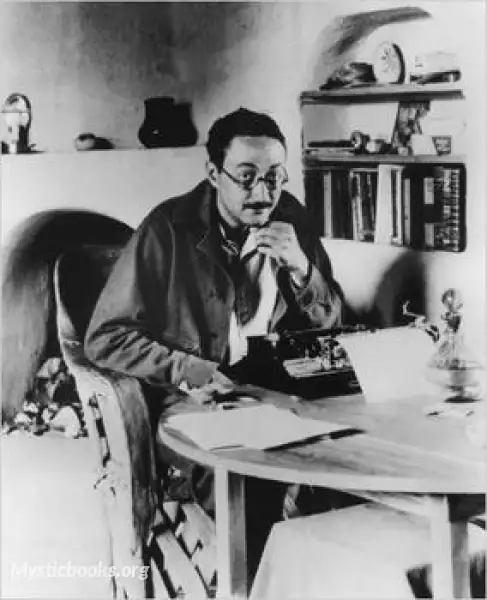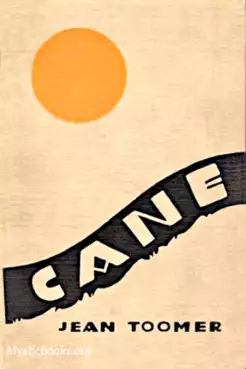
Timeline
Title
Country/Nationality
Jean Toomer
Jean Toomer was an American poet and novelist commonly associated with the Harlem Renaissance, though he actively resisted the association, and modernism. His reputation stems from his novel Cane (1923), which Toomer wrote during and after a stint as a school principal at a black school in rural Sparta, Georgia. The novel intertwines the stories of six women and includes an apparently autobiographical thread; sociologist Charles S. Johnson called it "the most astonishingly brilliant beginning of any Negro writer of his generation". He resisted being classified as a Negro writer, as he identified as "American". For more than a decade Toomer was an influential follower and representative of the pioneering spiritual teacher G.I. Gurdjieff. Later in life he took up Quakerism.
Toomer continued to write poetry, short stories and essays. His first wife died soon after the birth of their daughter. After he married again in 1934, Toomer moved with his family from New York to Doylestown, Pennsylvania. There he became a member of the Religious Society of Friends (also known as Quakers) and retired from public life. His papers are held by the Beinecke Rare Book Library at Yale University.
Toomer's father soon abandoned his wife and his young son, returning to Georgia seeking to obtain a portion of his late second wife's estate. Nina divorced him and took back her maiden name of Pinchback; she and her son returned to live with her parents in Washington D.C. Angered by her husband's abandonment, Nina's father insisted they use another name for her son and started calling him Eugene, after the boy's godfather. Toomer also was given a variety of nicknames by various family members. He would only see his father once more in 1897, prior this death in 1906.
As a child in Washington, Toomer attended segregated black schools. When his mother remarried and they moved to suburban New Rochelle, New York, the youth attended an all-white school. After his mother's death in 1909, when he was 15, Toomer returned to Washington to live with his maternal grandparents. He graduated from the M Street High School, a prestigious academic black high school in the city with a national reputation.
Between 1914 and 1917, Jean attended six institutions of higher education (the University of Wisconsin, the Massachusetts College of Agriculture, the American College of Physical Training in Chicago, the University of Chicago, New York University, and the City College of New York) studying agriculture, fitness, biology, sociology, and history, but he never completed a degree. His wide readings among prominent contemporary poets and writers, and the lectures he attended during his college years, shaped the direction of his writing.
Books by Jean Toomer

Cane
Toomer explores the lives of black people, mostly in the rural south, specifically a tiny hamlet dominated by a sawmill (marked mostly by smells and sounds), sugar cane fields and pines, the timeseason--autumn, the time, dusk. In fact, every story in...